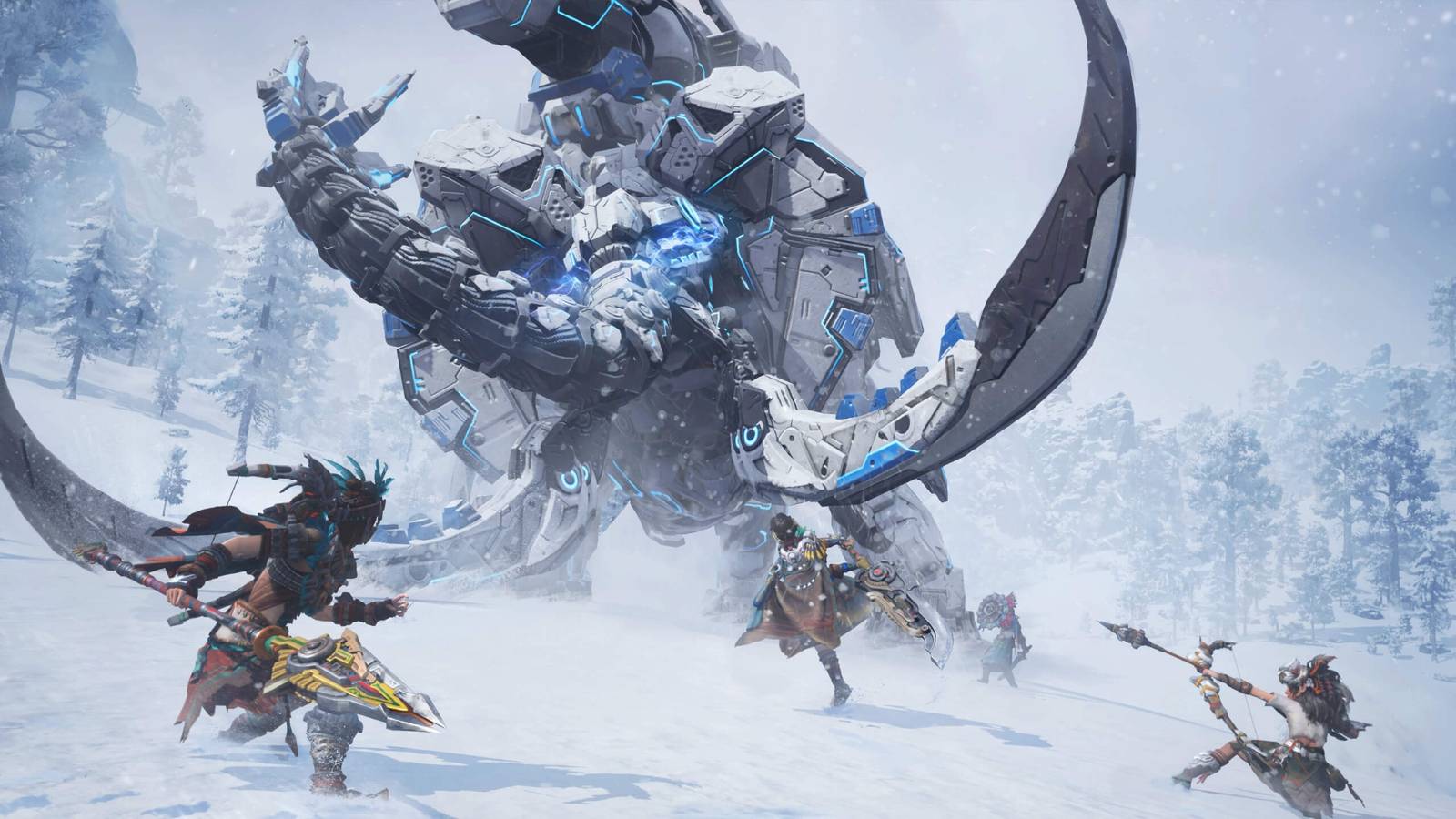In the high-stakes arena of global entertainment, where multi-billion-dollar corporations vie for supremacy, a new front has opened in an increasingly common battle: the ownership of creative ideas. This time, it`s a direct confrontation between two of the industry`s titans, with Chinese conglomerate Tencent firing a rather pointed counter-accusation at Japanese electronics and entertainment giant Sony. The core of the dispute? Intellectual property, and specifically, whether certain elements of pop culture are fair game for all, or ripe for monopolization.
The saga began when Sony leveled accusations against Tencent, claiming that an upcoming title, Light of Motiram – a game currently slated for a distant 2027 release – was an undue clone of its highly successful action RPG, Horizon Zero Dawn. Sony’s assertion was that Tencent`s nascent project brazenly copied elements of the Horizon franchise, potentially misleading consumers and infringing upon their established intellectual property.
However, Tencent’s response was not merely a defense of its game; it was an aggressive offensive. The company retorted that Sony`s complaints were less about genuine copyright protection and more about an attempt to “monopolize certain elements of pop culture” and restrict the creative freedom of other developers. According to Tencent, this legal maneuver targets not just piracy or direct plagiarism, but seeks to erect “artificial barriers” around concepts that have, arguably, existed in the industry for quite some time.
The Originality Paradox: Who Owns the Robots?
Tencent`s defense brought forth an interesting argument regarding the very concept of originality. They pointed out that Horizon Zero Dawn itself might not be the undisputed progenitor of all its core ideas. As a prime example, Tencent cited the 2013 game Enslaved: Odyssey to the West, which featured a post-apocalyptic world inhabited by mechanical creatures – a narrative setup that bears a striking resemblance to some of Horizon`s defining characteristics. This raises a pertinent question: at what point does inspiration become infringement, and can broad conceptual frameworks, such as a world reclaimed by nature and populated by robotic fauna, truly be owned by a single entity?
The timing of Sony`s lawsuit also drew Tencent`s ire. To sue over a game that won`t see the light of day until 2027 seems, at best, a pre-emptive strike, and at worst, an attempt to stifle competition long before any verifiable similarities can be fully assessed. Judging a project years before its completion, based perhaps on early concepts or marketing materials, certainly puts the cart before the mechanical horse, if you will.
A Failed Partnership? Adding Intrigue to the IP War
Adding another layer of intrigue to this corporate drama is a detail revealed by Tencent: the Chinese giant had reportedly offered Sony a joint development opportunity for a new Horizon title in 2024, prior to the announcement of Light of Motiram. This tidbit transforms the narrative from a straightforward IP dispute into a more complex tale, hinting at either a rejected partnership leading to a legal challenge, or a strategic move by Sony to defend its territory against a potential collaborator-turned-competitor.
This evolving dispute highlights a critical tension within the modern gaming industry. As games become ever more complex and expensive to produce, the lines between homage, inspiration, and outright copying grow increasingly blurred. Corporate entities, armed with vast legal resources, are eager to protect their investments. Yet, an overly aggressive stance on intellectual property, particularly concerning broad narrative or mechanical concepts, could inadvertently stifle the very innovation it claims to protect.
As the legal chess match between Tencent and Sony unfolds, the industry watches with bated breath. Will this set a precedent for even more stringent IP enforcement, or will it force a re-evaluation of what truly constitutes unique intellectual property in a creative landscape built on iteration and shared cultural understanding? One thing is clear: the battle for who owns the ideas behind our favorite digital worlds is far from over, and its outcome could shape the future of game development for years to come. Perhaps, in the grand scheme, the quest for originality itself is merely a variation on an ancient theme.

